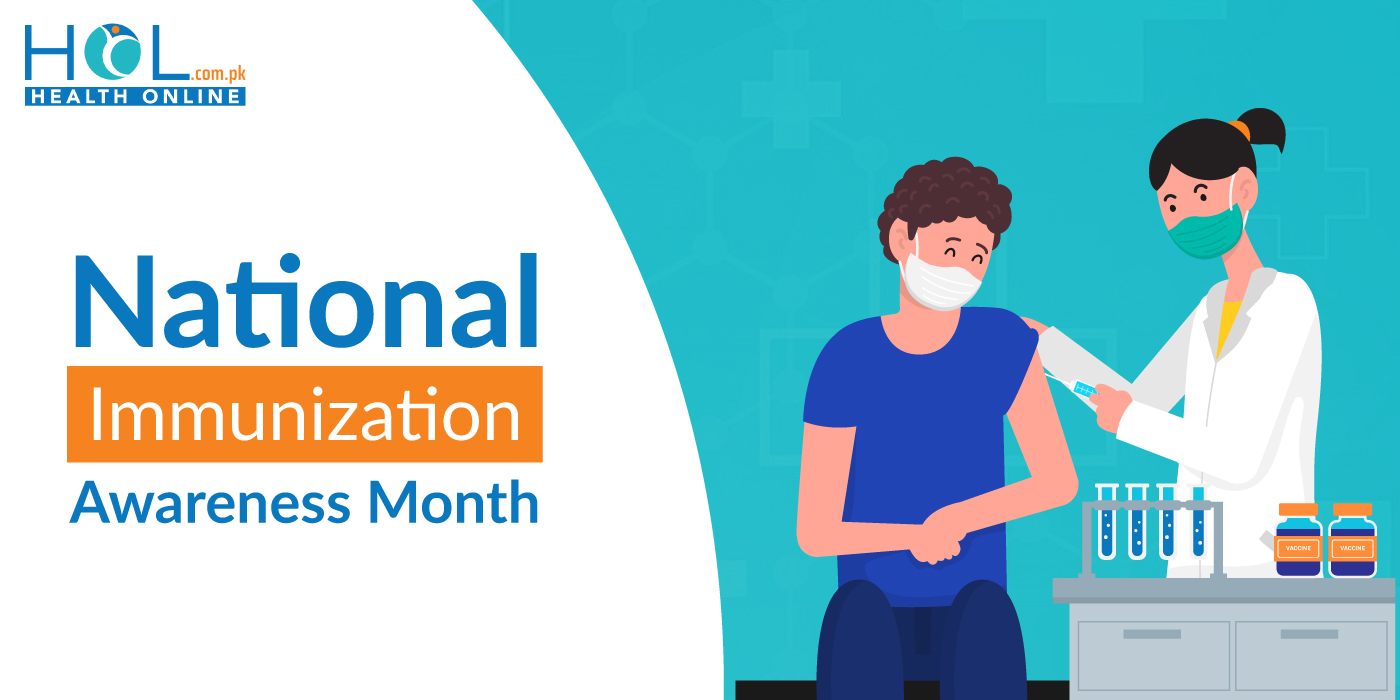August is National Immunization Awareness Month. The aim of this observance is to provide the opportunity to remind the community of the importance of immunization by promoting the use of vaccines to protect people of all ages against disease.
The awareness month also celebrates the successes of the different immunizations that have been created in the 20th century and beyond.
Vaccines are responsible for the control of many infectious diseases that were once common in country. Vaccines have reduced and, in some cases, eliminated many diseases that once routinely killed or harmed tens of thousands of infants, children and adults. Vaccine-preventable diseases have a costly impact, resulting in doctors’ visits, hospitalizations and premature deaths. Sick children can also cause parents to lose time from work.
Maintaining high immunization rates protects the entire community by interrupting the transmission of disease-causing bacteria or viruses. This reduces the risk that un-immunized people will be exposed to disease-causing agents. This type of protection is known as Community or Herd Immunity, and embodies the concept that protecting the majority with safe, effective vaccines also protects those who cannot be immunized for medical reasons.
There are 4 key messages of the toolkits that produced annually, these being:
- Vaccines protect against serious diseases.
- These diseases still exist and outbreaks do occur.
- Vaccines are recommended throughout our lives.
- Vaccines are very safe.
HOW TO OBSERVE NATIONAL IMMUNIZATION AWARENESS MONTH:
1- CALL YOUR DOCTOR:
The only way to be absolutely certain about what vaccinations you’ve received is to gather your medical records. Contact your doctor and request your immunization records to determine whether or not you are up to date.
2- ENCOURAGE OTHERS TO DO THE SAME:
Just because you feel healthy doesn’t mean you don’t need to be vaccinated. Unlike most medicines, which treat or cure diseases, vaccines prevent them. When you check your immunization records, encourage friends to do the same, and you can all make sure you are up to date.
3- KNOW YOUR FAMILY HISTORY:
A family medical history can reveal the history of disease in your family and help a doctor identify patterns that might be relevant to your own health. This will allow the doctor to be best informed about recommending vaccines for immunization.


